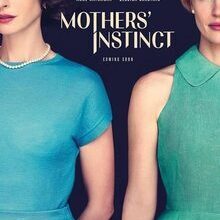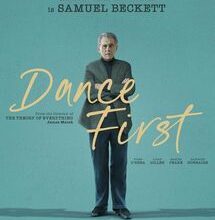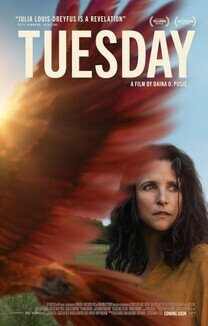
Tuesday
Tuesday
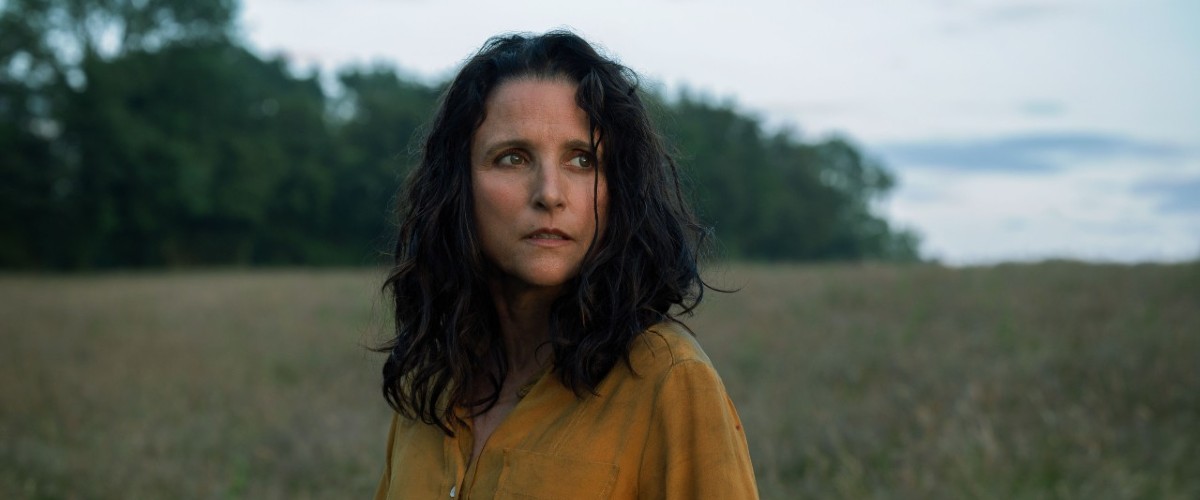
Now streaming on:
JustWatch
Julia Louis-Dreyfus gives a performance of breathtaking vulnerability as the mother of a dying teenager in “Tuesday,” a film that tells the story of the most shattering loss of all without melodrama or a score filled with syrupy strings. Writer/director Daina Oniunas-Pusic makes the characters’ pain real through the most improbable of metaphors. We have seen Death imagined as a character who is glamorously beautiful (Jessica Lange in “All That Jazz,” Brad Pitt in “Meet Joe Black,” Frederic March in “Death Takes a Holiday”) or British and dapper (Sir Cedric Hardwicke in “On Borrowed Time”), or sepulchral, wearing the traditional hooded cloak and scythe (“The Seventh Seal,” “Bill and Ted’s Bogus Journey”). “Tuesday” is the first to imagine the figure who ends all lives as a lonely parrot who loves hip-hop and sarcasm (voiced by Arinzé Kene).
The title does not refer to the day of the week. Tuesday is the name of a 15-year-old with an unnamed wasting disease (Lola Petticrew) who lives in England with her American mother, Zora (Louis-Dreyfus). She spends her days in a hospital bed on the first floor of her home, with the help of a hospice nurse (Leah Harvey as Billie). She has a nasal cannula for oxygen and has to be hoisted out of bed or into a bathtub. Sometimes, she goes outside in a wheelchair.
As the movie begins, Zora spends her days anywhere else. We first see her impatiently looking out the window, waiting for Billie to arrive. Zora bargains with a store owner over the price of some odd items she wants to sell and then drifts through the day at a coffee shop and a park, falling asleep on a bench. Billie gently suggests that Tuesday needs to spend more time with her mother, and she gets furious. And when Billie says seriously that she has something to say to Zora, her mother forces a quick smile, says, “First thing tomorrow,” and suggests they watch a movie.
We can all recite the Elisabeth Kubler-Ross stages people go through when facing death. Zora is still stuck in the first stage, denial. It is just too painful to be anywhere else; any parents’ most foundational belief is that the child must outlive them. They are the spring to our winter. They are what makes time move forward. It is contrary to everything we believe about the world to have to bury a child.
Tuesday is at the final stage, though, acceptance, and that is made real for us as the parrot arrives and she immediately understands why he is there. She engages with him, making him laugh, noticing that he is dirty and giving him a gentle bath in the sink. We have seen how others react to him – begging, spitting in his eye – Tuesday asks him about his experience. She empathizes with him. She befriends him.
However, Zora responds as any parent would when she sees the parrot. She will do anything to protect her child, fight any battle, and hurl herself at any threat. The denial she holds on to so tightly makes her believe she can stop the death parrot. Instead, she internalizes it. A series of stunning visuals work as metaphor, fairy tale, and embodiment of Zora’s thoughts and emotions. The CGI of the parrot is excellent, from his bright blue gimlet eye to the ruffles of his feathers and expressive breadth of his wings. Louis-Dreyfus and Petticrew interact with the bird with great conviction, specificity, and physicality that grounds a fantastical story.
Characters shrink and grow like a version of Alice in Hades-land, with canny camera placement to guide our perspective. There are subtle touches as well. Tuesday looks healthier than she is in the film’s first part because we see her through Zora’s eyes. As Zora moves away from the furious spinning in her head that keeps her from accepting the reality. That’s not just the reality that Tuesday is near death. It is the reality that as long as Tuesday is there, it remains Zora’s first obligation as a parent to do what is best for her daughter, no matter the cost to herself. Tuesday has been the grown-up in their relationship. Zora needs to be the mother Tuesday deserves.
Like the under-seen “A Monster Calls,” this movie is frank about the messiness of the emotions around death. We might like to think that the greatest loss would inspire us to selflessness and purity of heart. Unfortunately, we remain imperfect souls. But along with grief, we cannot help being selfish and angry and scared. That is why we need movies like this one. We may be devastated, selfish, angry, and scared, but at least we are not alone.

Nell Minow
Nell Minow is the Contributing Editor at RogerEbert.com.
Now playing

Under Paris
Brian Tallerico

The Dead Don’t Hurt
Matt Zoller Seitz

Babes
Nell Minow

Banel & Adama
Glenn Kenny
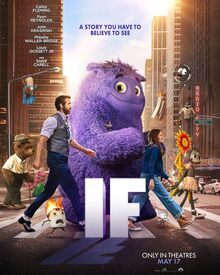
IF
Clint Worthington
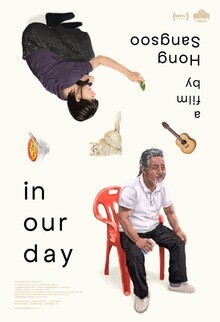
In Our Day
Glenn Kenny
Film Credits
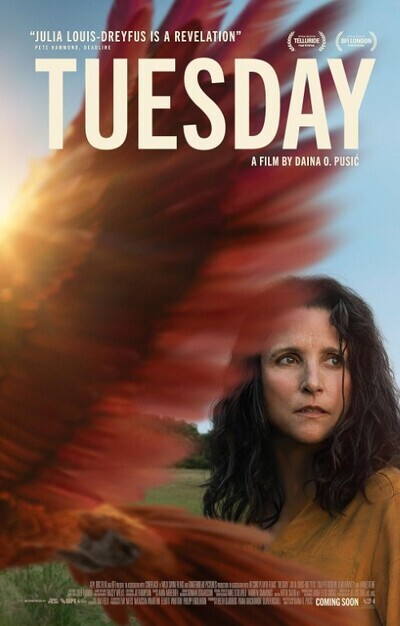
Tuesday (2024)
111 minutes
Cast
Julia Louis-Dreyfusas Zora
Lola Petticrewas Tuesday
Arinzé Keneas Death
Leah Harveyas Nurse Billie
Jay Simpsonas Spike
Director
- Daina Oniunas–Pusić
Writer
- Daina Oniunas–Pusić
Latest blog posts

The 2024 American Black Film Festival Announces Retrospective: Celebrating The Legacy Of Denzel Washington: Moderated by Chaz Ebert

Tribeca Film Festival 2024: 8 Highlights from This Year’s Event
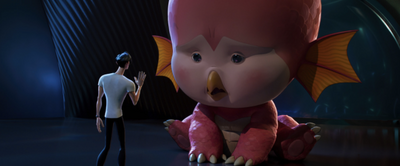
It’s Too Bad That Audience Pictures Like Ultraman: Rising Will Barely Be Seen in Theaters
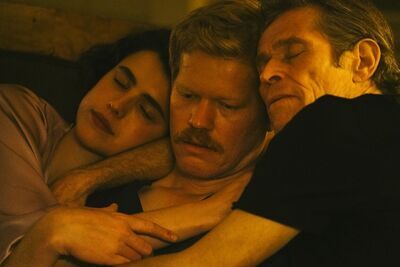
Jesse Plemons on Being Funny, Stepping Off the Ledge and Making ‘Kinds of Kindness’
Comments
comments powered by Disqus
